On November 22, 2014, the Secretariat of the 11th Party Central Committee issued Directive No. 40-CT/TW on strengthening the Party's leadership over social policy credit (Directive No. 40). After 10 years of implementation, in Ninh Binh province, the Directive has truly come into life, creating a breakthrough, connecting the strength of the entire political system with the Vietnam Bank for Social Policies (VBSP) to support and promote vulnerable groups in society to rise up and change their lives; so that none of them are left behind, highlighting the humanity of the unique social credit policy for the poor of the Party and State of Vietnam.
After 10 years of guidance from Directive No. 40, policy credit has become a lever and a bright spot in poverty reduction, promoting the development of agricultural and rural economy in Ninh Binh province.
Providing sustainable livelihoods
Visiting households that have accessed preferential capital from the VBSP in Cuc Phuong commune, Nho Quan district, witnessing the tight handshakes and friendly conversations between VBSP staff, local authorities and households, we felt their close support and cooperation with the grassroots in social security work and economic development in this mountainous commune with many difficulties.
The house of Ms. Phung Thi Thuy's family (village 1, Phu Long commune) is small but cozy and fully equipped, with fruit trees, chickens, pigs, etc. in the garden. Many years before her husband passed away, Ms. Thuy did not dare to think of having a life like today. Without a stable job, she worked hard day and night, shouldering the burden of raising 2 children, so poverty and hardship continued to haunt her. Then, thanks to the guidance and support of local organizations and unions, she was able to access preferential loans from the Vietnam Bank for Social Policies, having the conditions to raise livestock, grow crops, develop the economy, and send her children to school. Her eldest daughter, born in 2002, although having a height disability, has made great efforts to study and is currently a 4th year student at the University of Foreign Languages.
Ms. Thuy happily shared: “When my husband passed away, I had to raise two children alone and did not know when I would be able to escape poverty. Thanks to God’s grace and timely care and help from the locality and the Vietnam Bank for Social Policies, my family has what it has today.”
Not only in Nho Quan mountainous district, in Yen Mo, we also met and heard many people share their stories of overcoming difficulties and improving their family life with policy credit capital, such as the case of Ms. Pham Thi Oanh and Mr. Nguyen Ngoc Chi in Thai Binh hamlet, Yen Dong commune.
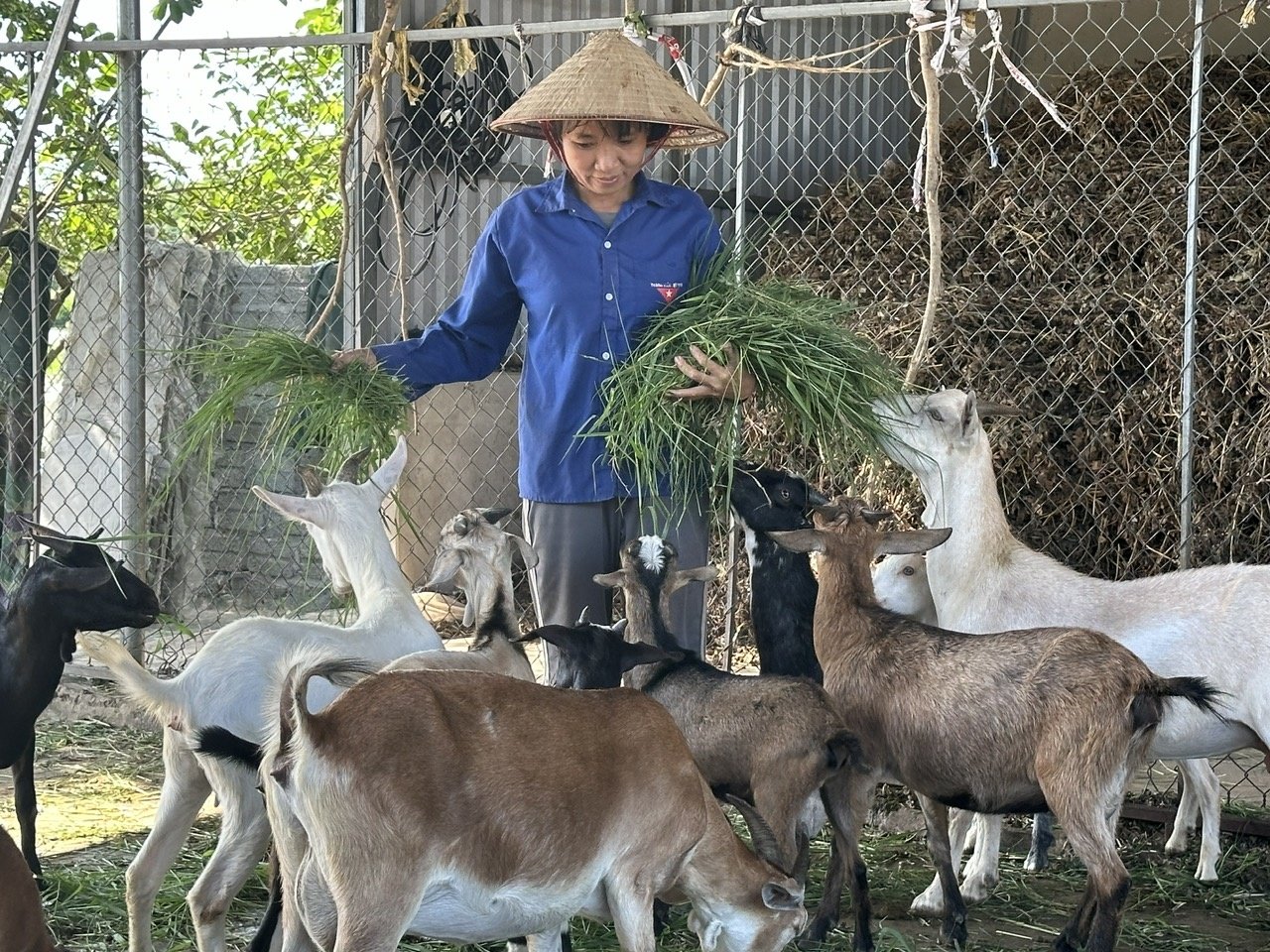 |
| Thanks to policy capital, Ms. Pham Thi Oanh (Thai Binh hamlet, Yen Dong commune, Yen Mo district) has the conditions to develop goat farming and escape poverty. |
Previously, Ms. Oanh's family was considered poor because both husband and wife did not have stable jobs, while having to raise 3 children, one of whom was disabled. Understanding the family's situation, the commune and village women's union officials came to her house to propagate and guide her in applying for a loan from the Vietnam Bank for Social Policies to develop the economy.
Ms. Oanh shared: At that time, it was 2018, holding 50 million in capital, my husband and I were extremely excited but also worried because we did not know how to use the money effectively. Fortunately, the commune's associations and organizations advised and guided us on goat raising techniques, so my husband and I boldly bought a few pairs of goats to raise, and at the same time renovated the pond behind the house to raise fish... Up to now, the family has escaped poverty sustainably, built a spacious house, and purchased many essential household items.
The story of Oanh and her husband escaping poverty thanks to preferential capital from the Vietnam Bank for Social Policies is not uncommon in the low-lying commune of Yen Dong. Comrade Tran Xuan Dong, Secretary of the Commune Party Committee, said: Yen Dong is a particularly difficult purely agricultural commune. Ten years ago, the poverty rate in the commune was over 10%, and the average income per capita was less than 20 million VND/person/year. Identifying policy credit as the "pillar" to help the locality reduce poverty, in recent years, the locality has always paid attention to and directed the coordination of credit activities with national target programs, policies on agricultural and rural development, education development, vocational training, and job creation to help those on the list of poor and near-poor households... use loans effectively, for the right purposes, gradually changing their lives and escaping poverty. Thanks to that, the commune's economy has developed, and people's lives have improved. Per capita income increased rapidly, reaching 75 million VND/person/year, the poverty rate dropped sharply to just over 1%. Recently, the locality was recognized as a commune that met the standards of an advanced new rural commune.
Poverty reduction stories in Nho Quan and Yen Mo districts are clear evidence that social policy credit is an important "pillar" of the National Target Program on Sustainable Poverty Reduction. In fact, there are tens of thousands of poor households in other rural areas in Ninh Binh province who have also escaped poverty and changed their lives thanks to policy capital. When capital reaches the poor, it motivates them to find ways to do things, gradually reduce their dependence, be proactive, and confidently rise up in life.
According to statistics from the Social Policy Bank, Ninh Binh branch, in the past 10 years, nearly 81,000 households in the province have overcome the poverty line thanks to policy capital. In 2023, the poverty rate in the province will be only 1.86%. These results demonstrate a correct decision of the Party, strongly changing the way of giving the poor "fish" by giving them "fishing rods", creating a breakthrough in connecting the strength of the entire political system with the Social Policy Bank to support the poor and policy beneficiaries to turn around poverty so that no one is "left behind".
Leverage to promote rural economic development
The “fishing rods” from social policy credit have helped tens of thousands of households in the province escape poverty sustainably. Moreover, the effective use of policy credit tools is also a “lever” to help develop the sustainable economy of an entire locality or region.
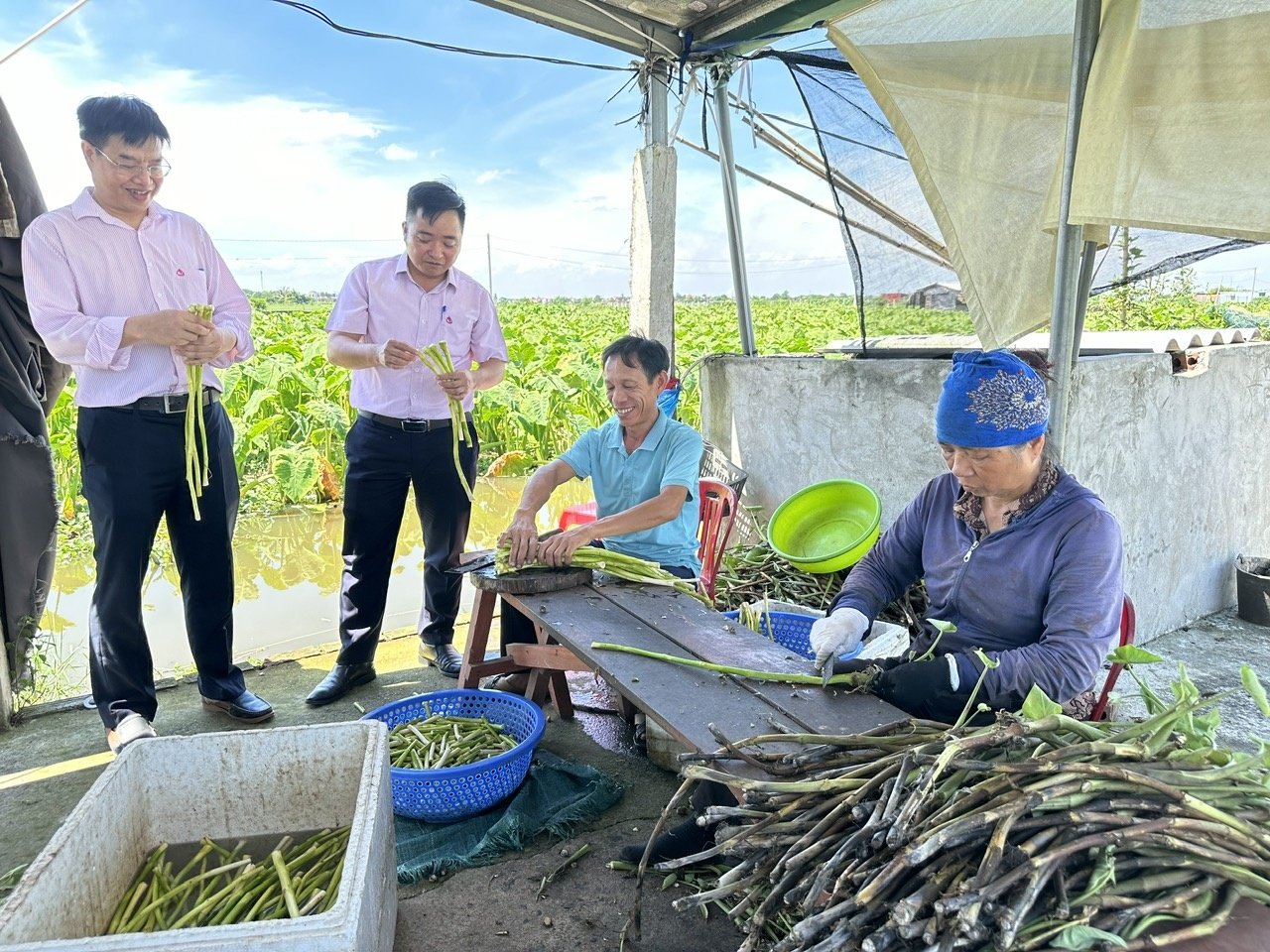 |
| Policy capital has "lit the fire" to help Mr. La Phu Thuan (blue shirt), in hamlet 1, Khanh Thinh commune, Yen Mo district, successfully start a business with an organic agricultural model. |
Mr. La Phu Thuan, in Hamlet 1, Khanh Thinh Commune (Yen Mo District) always wants to develop an agricultural economic model in the direction of organic farming in harmony with nature to bring safe agricultural products to consumers. However, capital for production is always a concern for him. Borrowing 500 million VND from the Employment Program of the Vietnam Bank for Social Policies has motivated him to invest in developing sweet potato on an area of 4.2 hectares. In 2023, his production model will supply the market with 30 tons of sweet potato shoots, over 6 tons of commercial snails... earning over 1 billion VND, creating stable jobs for 6 workers with an income of 200,000 VND/person/day.
Mr. Thuan shared: Having ideas and ambitions but without capital, nothing can be done. I am very happy that recently, the State has paid special attention and had timely capital support policies so that farmers like us have the opportunity to expand production, enrich our families, as well as create more jobs and increase income for workers in the region.
In Khanh Trung commune, Yen Khanh district, we visited Mr. Pham Van Thuy's garment factory. Nearly 50 workers, mainly women and the elderly, were working hard on sewing machines to meet orders for winter coats.
Having worked at the garment factory for many years, Ms. Pham Thi Ngoan shared: Because I was too old to apply for a job in a company, I used to only work in the fields and had almost no income. Luckily, since this garment factory opened, I have had more work and more income. Especially, because it is close to home and the working hours are flexible, I can still take care of the fields and my family.
Mr. Pham Van Thuy, the owner of the garment factory, said that he opened the garment factory with the desire to both develop the family's economy and create jobs for local women. However, due to the impact of the COVID-19 pandemic, there were no orders, so production encountered many difficulties, at times it seemed impossible to sustain. Fortunately, the family was able to access preferential capital from the Vietnam Bank for Social Policies to invest in purchasing raw materials, thereby having the opportunity to revive production, anticipate the recovery of the garment industry, maintain jobs and income for workers.
The dynamic economic models that the Social Policy Bank, Ninh Binh branch, is "igniting" in the community, such as those of Mr. Thuan and Mr. Thuy, have been contributing to promoting production activities and developing rural industries, actively shifting the agricultural economic structure, improving the lives of a segment of the population, effectively implementing the National Target Program on Sustainable Poverty Reduction, creating jobs and developing the socio-economy, and building new rural areas in the area.
Source: https://thoibaonganhang.vn/dot-pha-tu-chi-thi-so-40-cttw-ky-1-158912.html




![[Photo] Opening of the 11th Conference of the 13th Party Central Committee](https://vstatic.vietnam.vn/vietnam/resource/IMAGE/2025/4/10/f9e717b67de343d7b687cb419c0829a2)
![[Photo] April Festival in Can Tho City](https://vstatic.vietnam.vn/vietnam/resource/IMAGE/2025/4/10/bf5ae82870e648fabfbcc93a25b481ea)

![[Photo] Prime Minister Pham Minh Chinh commends forces supporting Myanmar in overcoming earthquake consequences](https://vstatic.vietnam.vn/vietnam/resource/IMAGE/2025/4/10/e844656d18bd433f913182fbc2f35ec2)



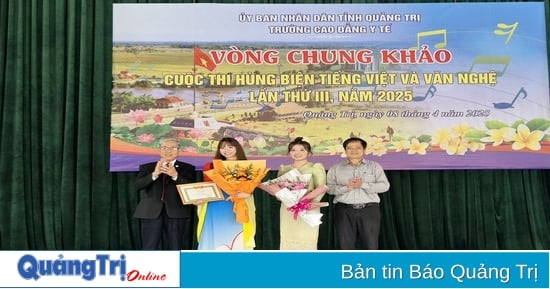
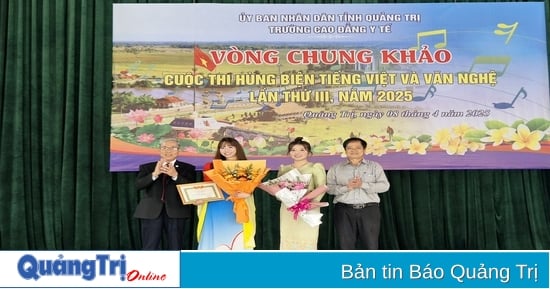

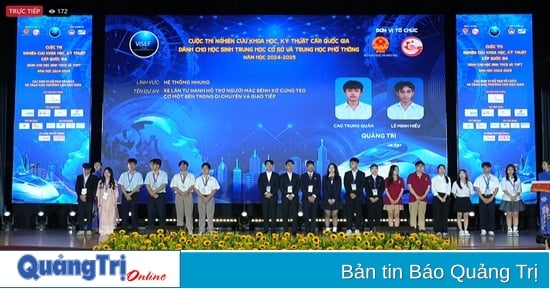
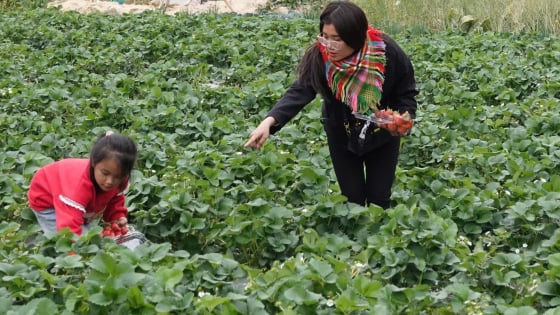
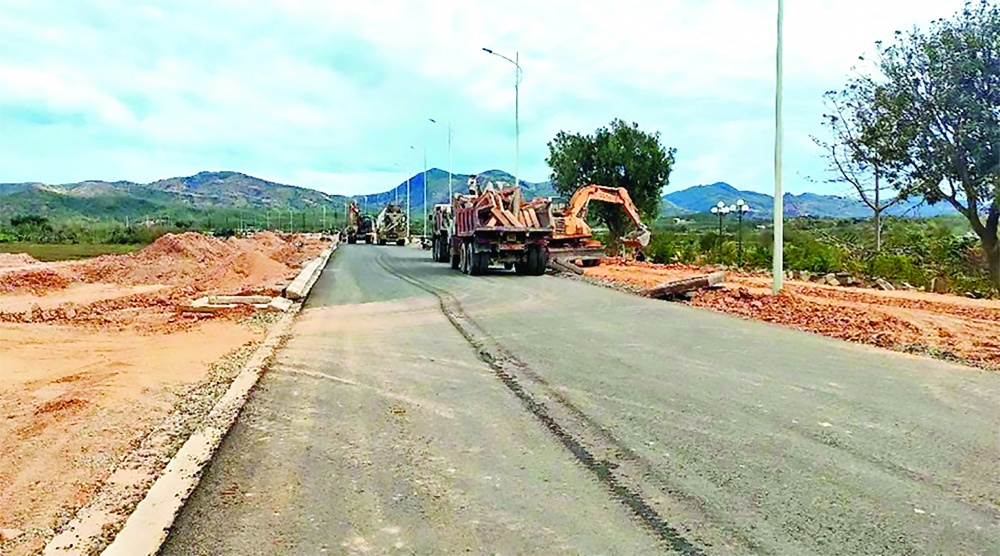
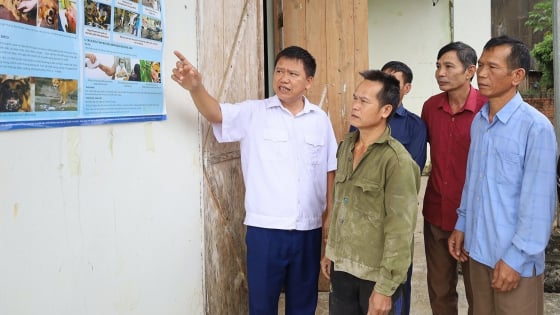
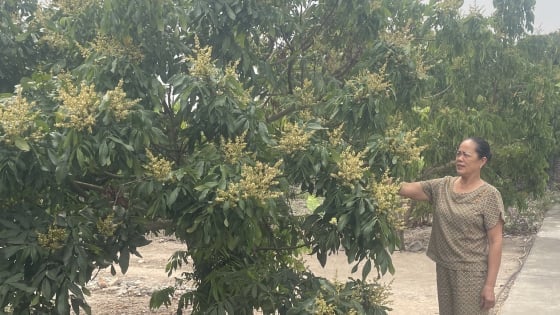
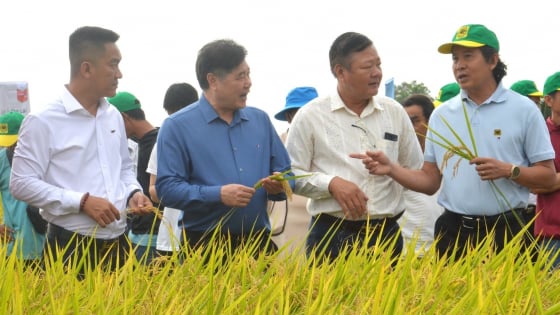
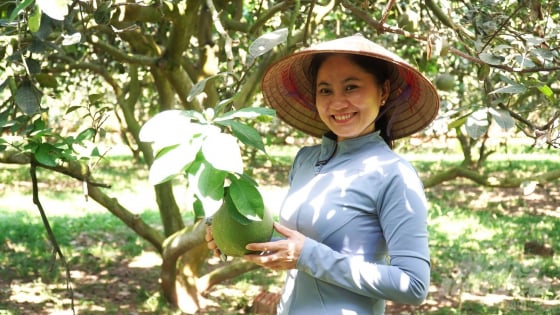





![[Infographic] March breakthrough, import-export turnover exceeds 75 billion USD](https://vstatic.vietnam.vn/vietnam/resource/IMAGE/2025/4/10/10fa4eb724ea40ceab4278cd16cf4aea)
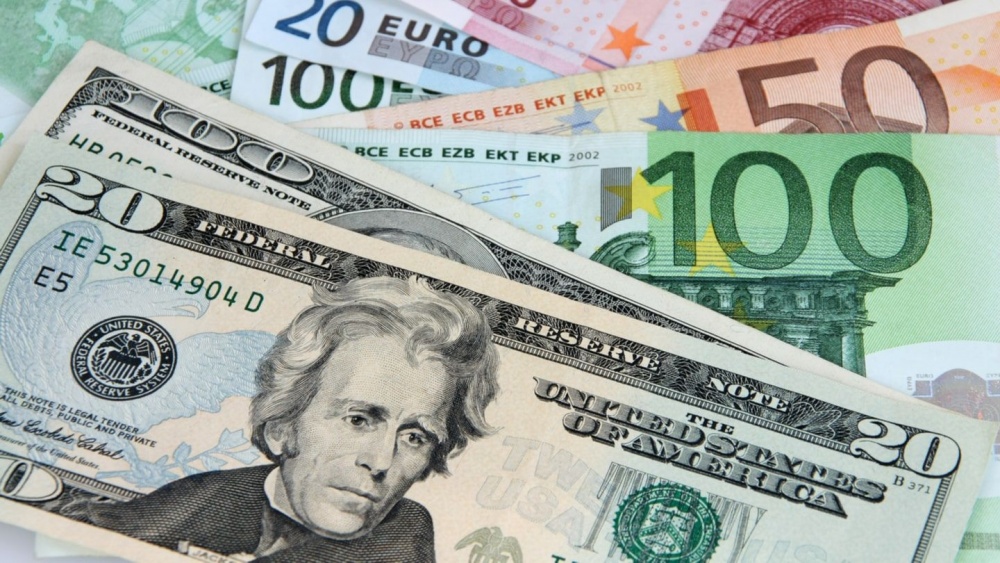
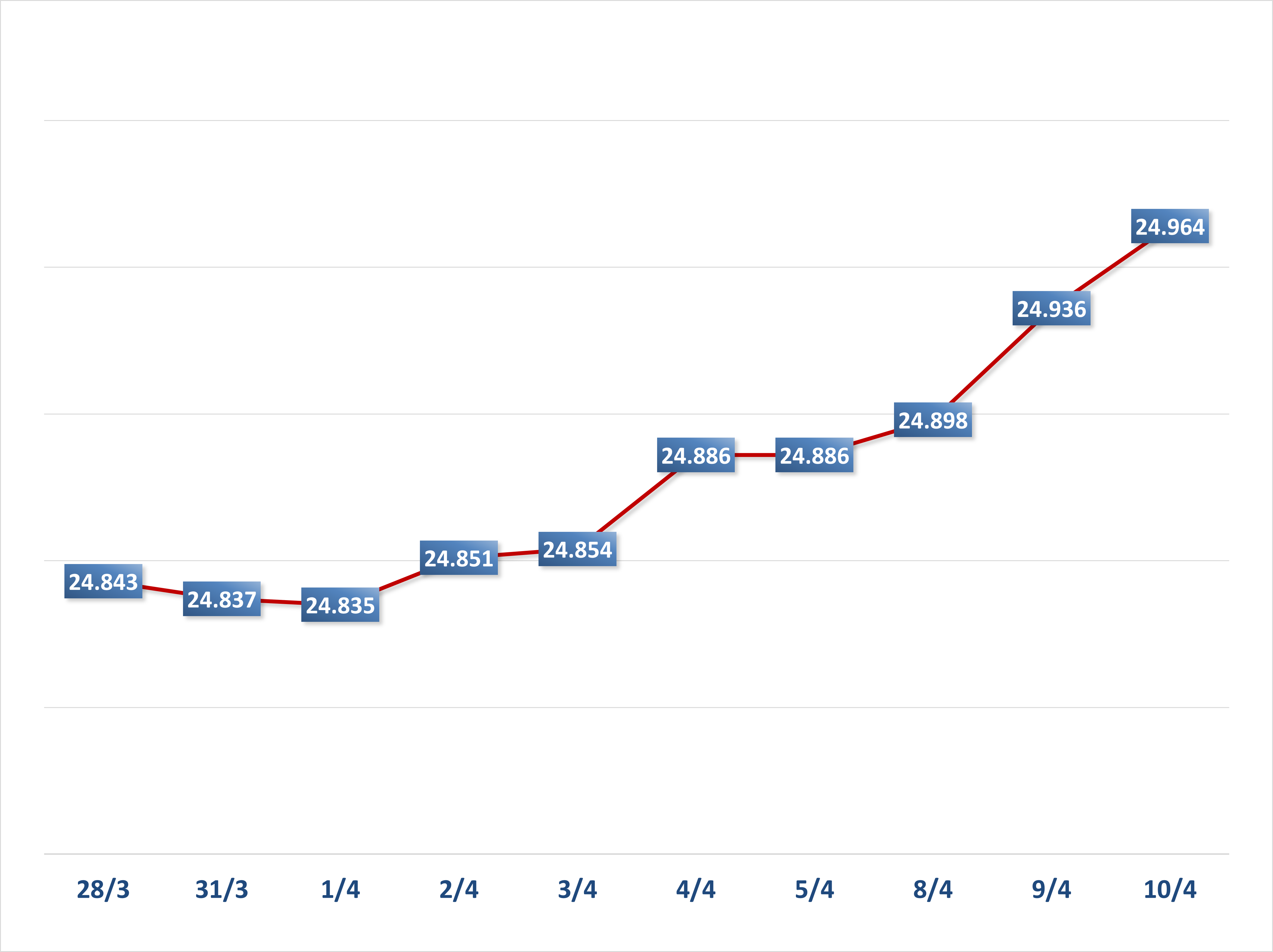

![[Photo] Reliving the heroic memories of the nation in the program "Hanoi - Will and belief in victory"](https://vstatic.vietnam.vn/vietnam/resource/IMAGE/2025/4/10/19ce7bfadf0a4a9d8e892f36f288e221)

















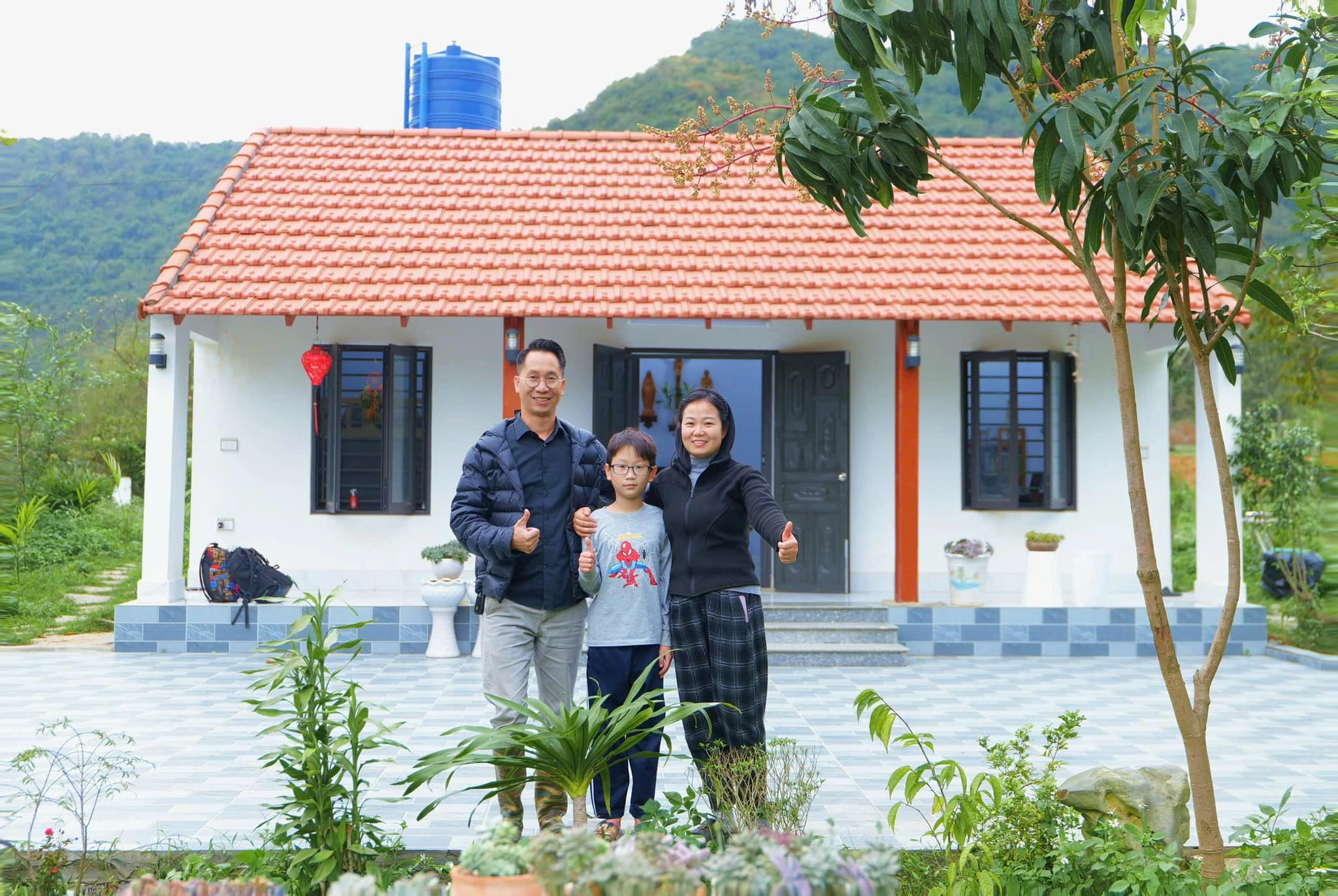

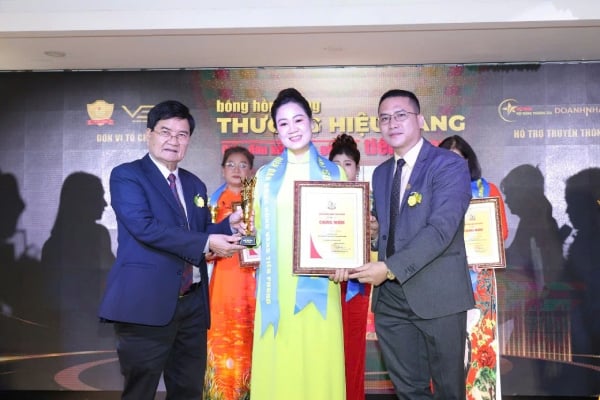



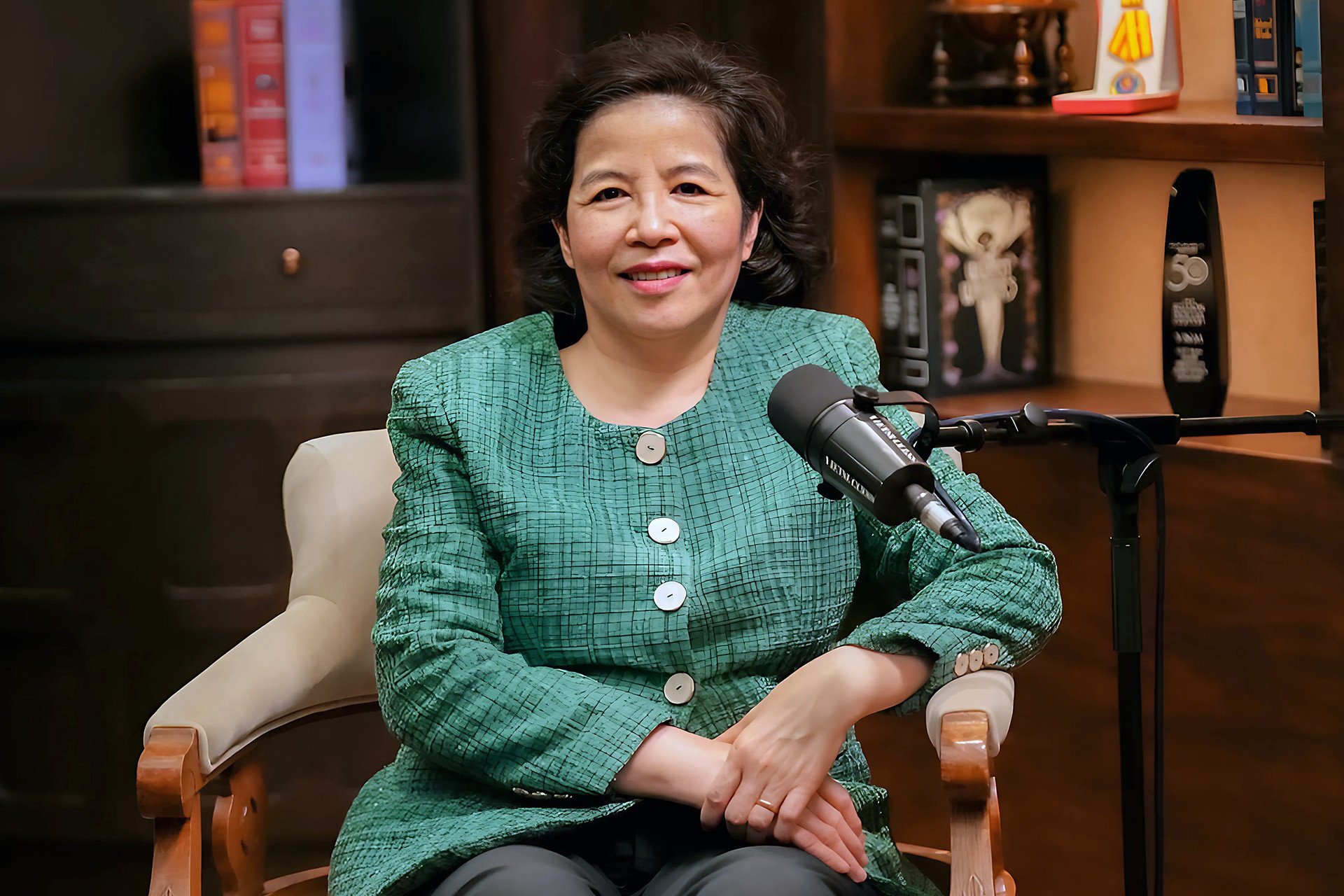
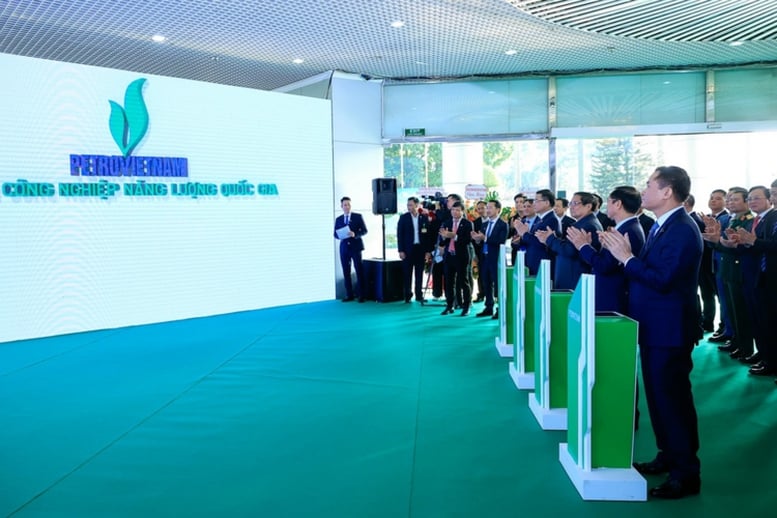

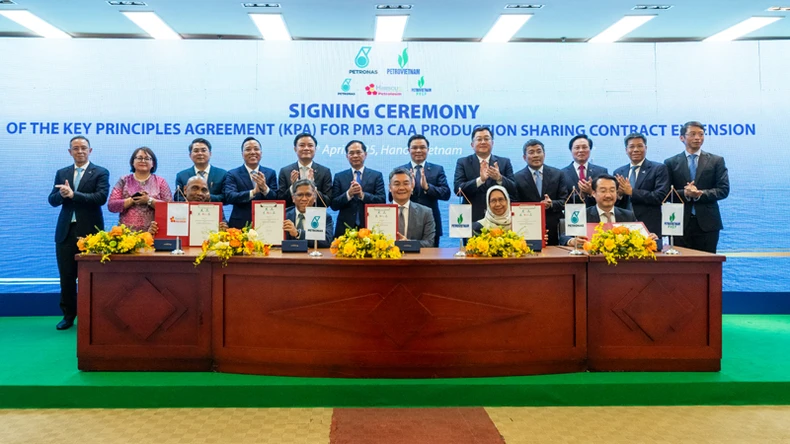

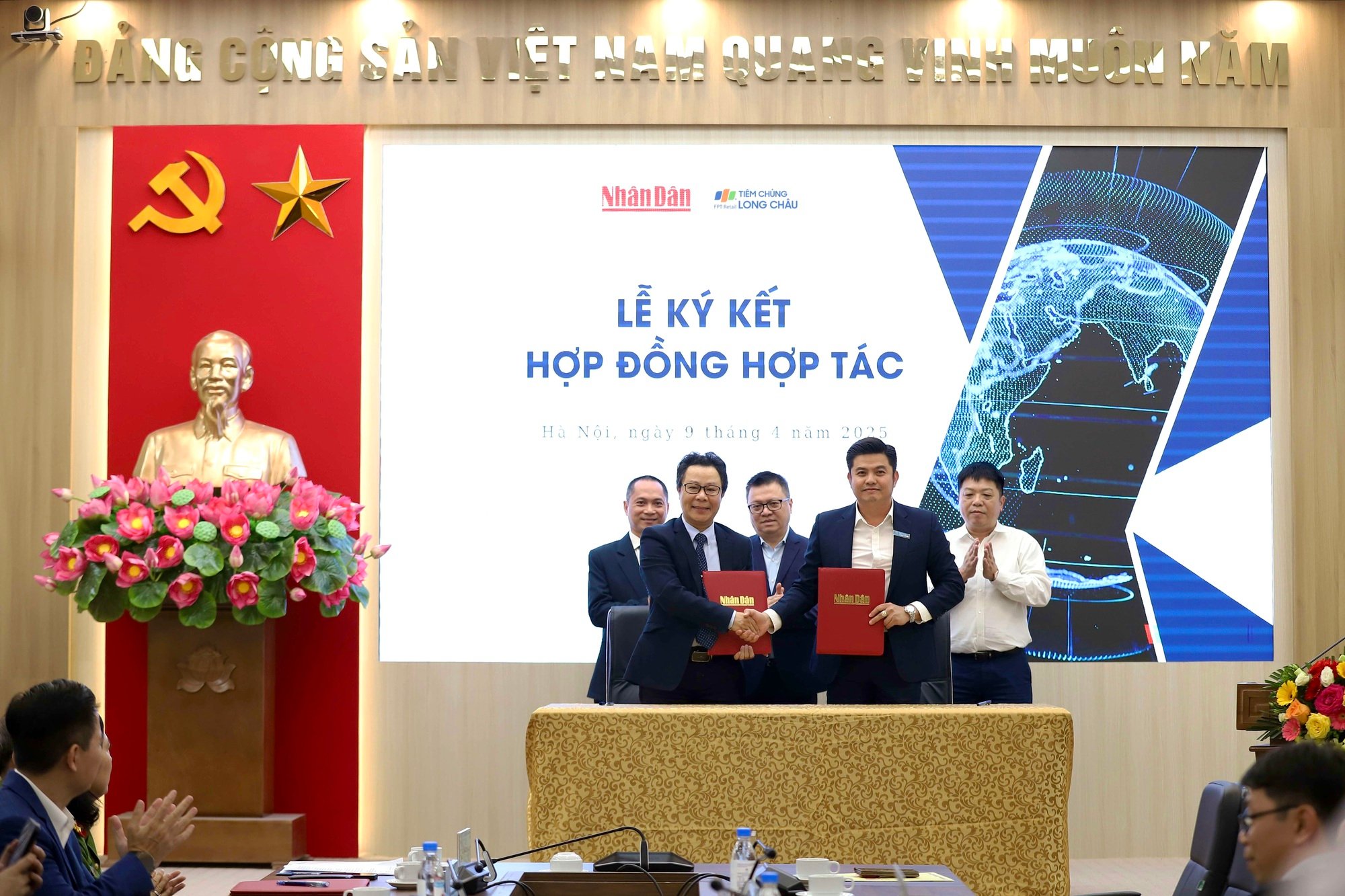
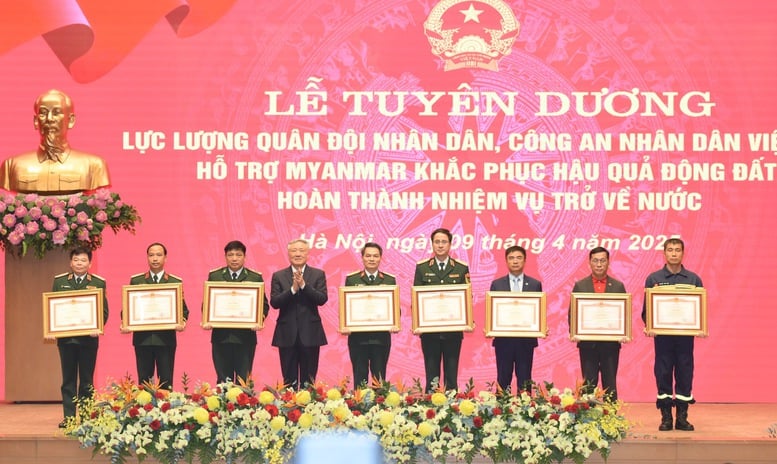
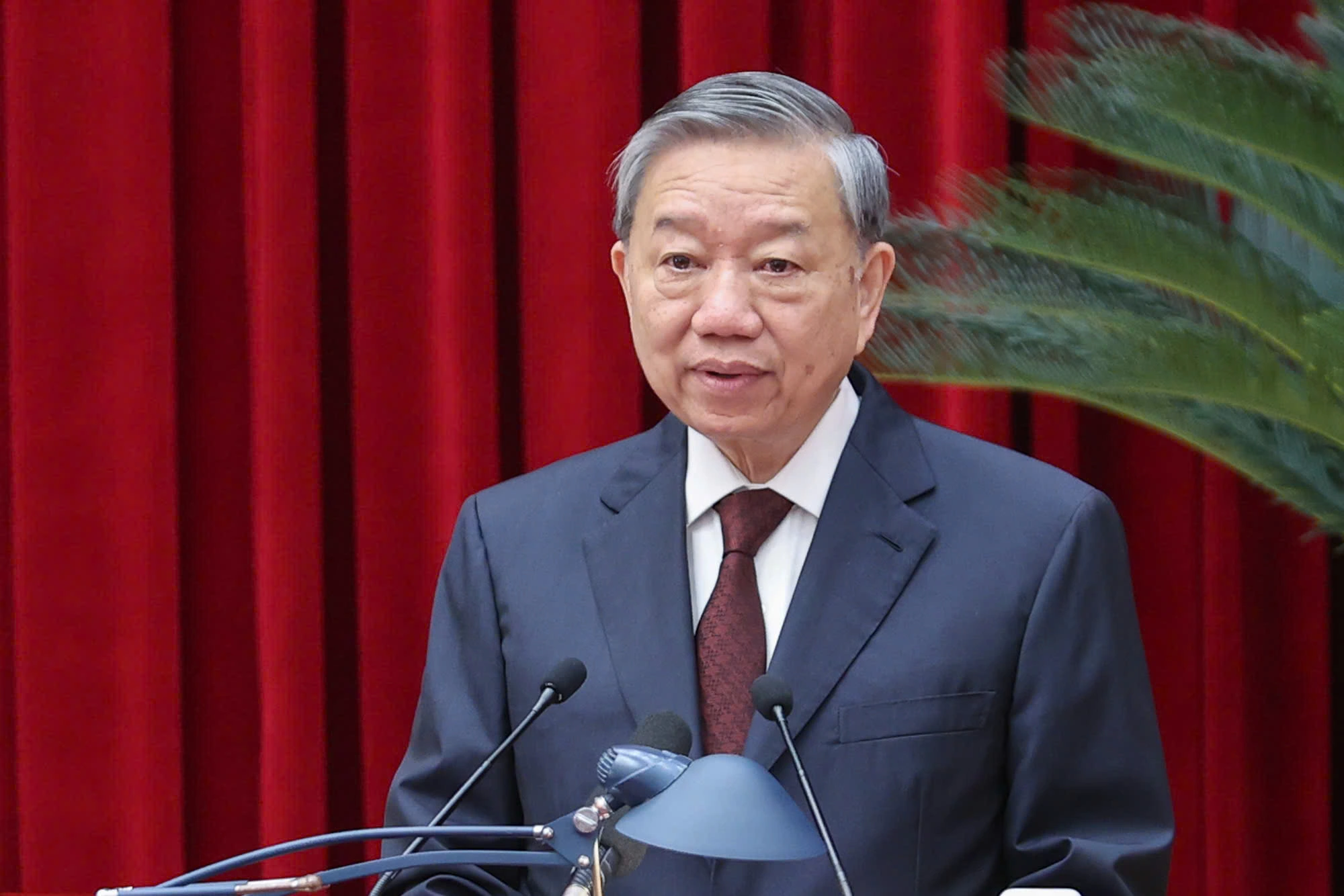
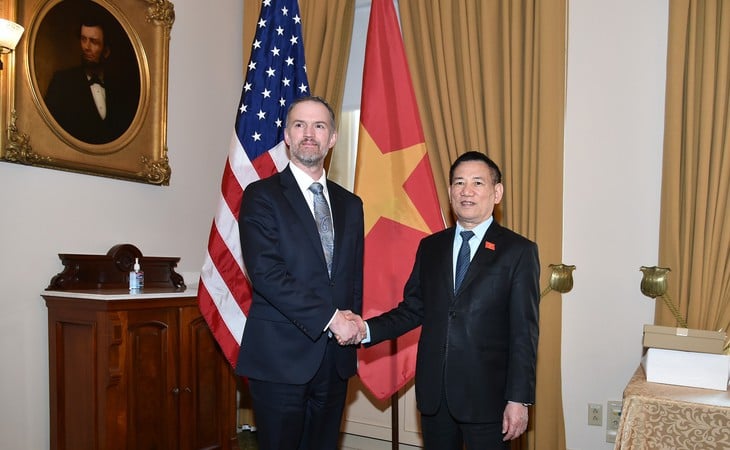


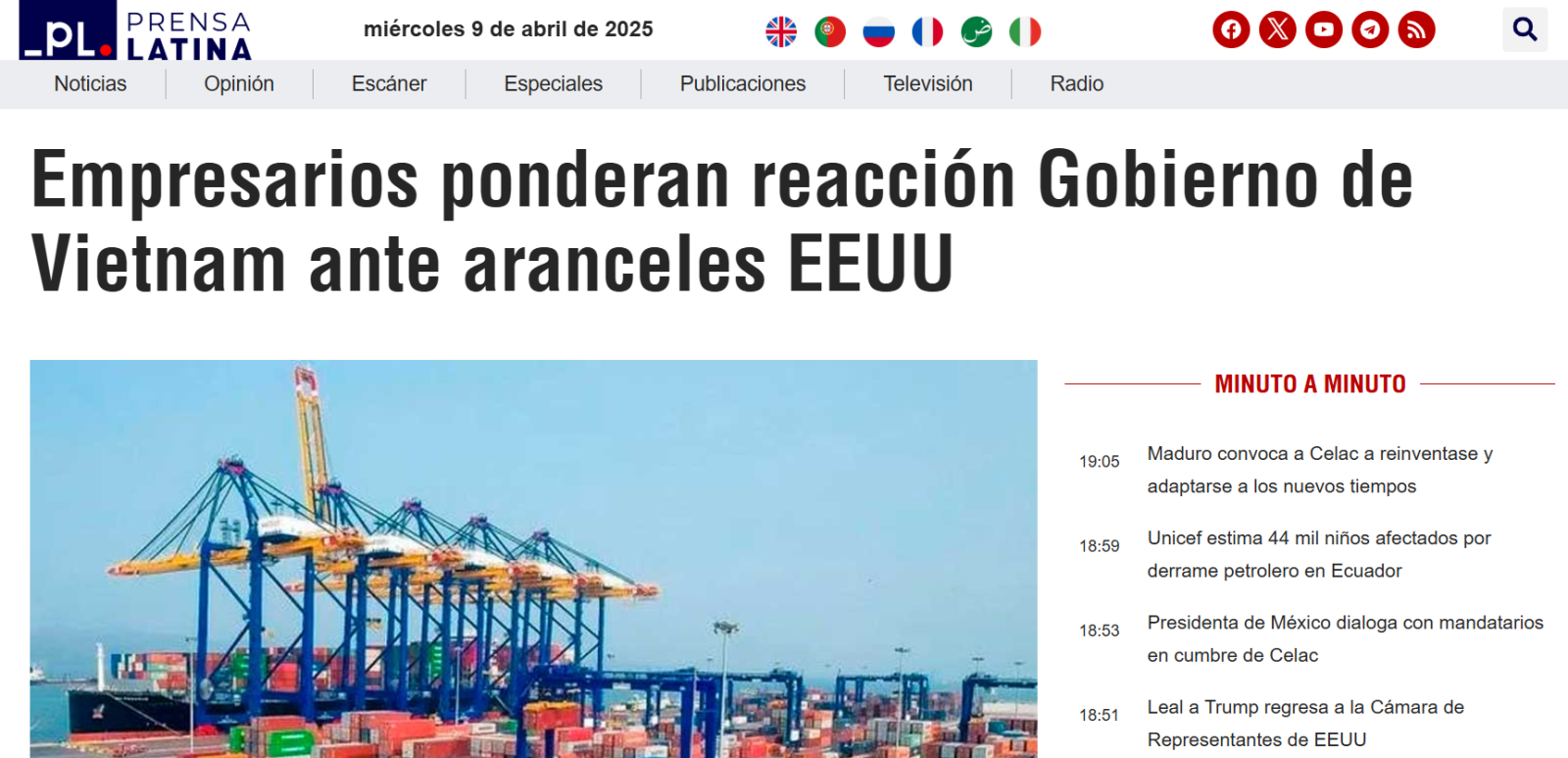




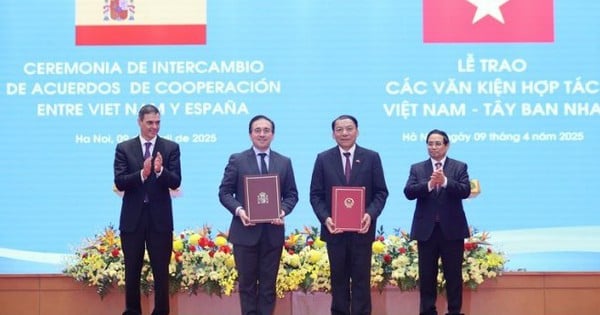

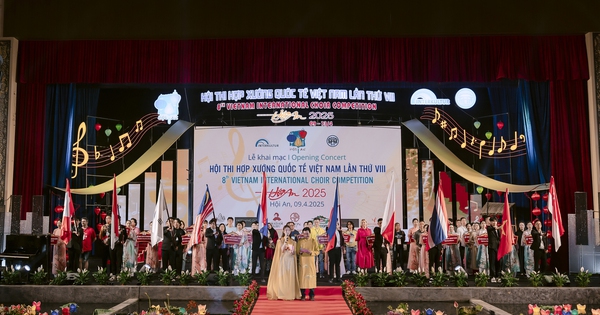
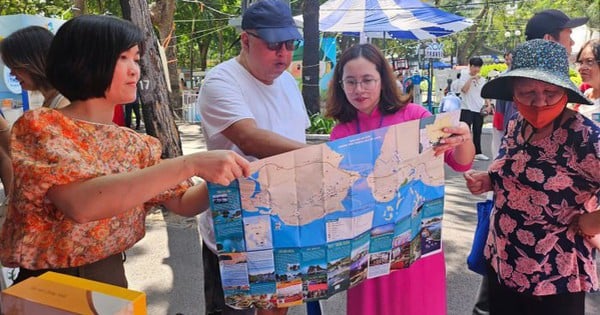
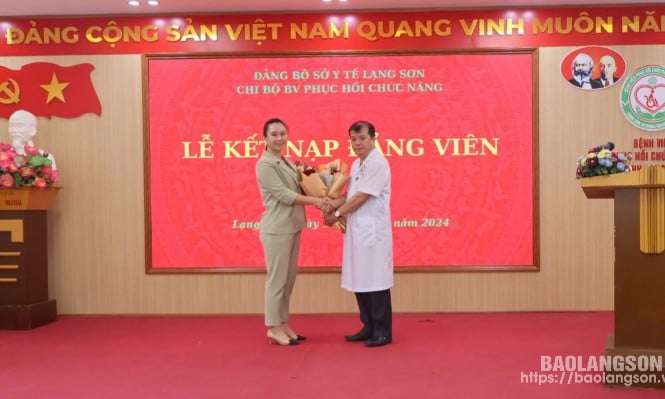
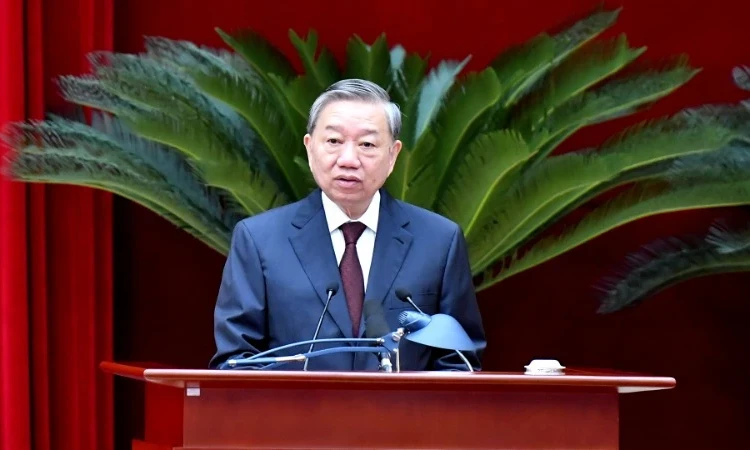


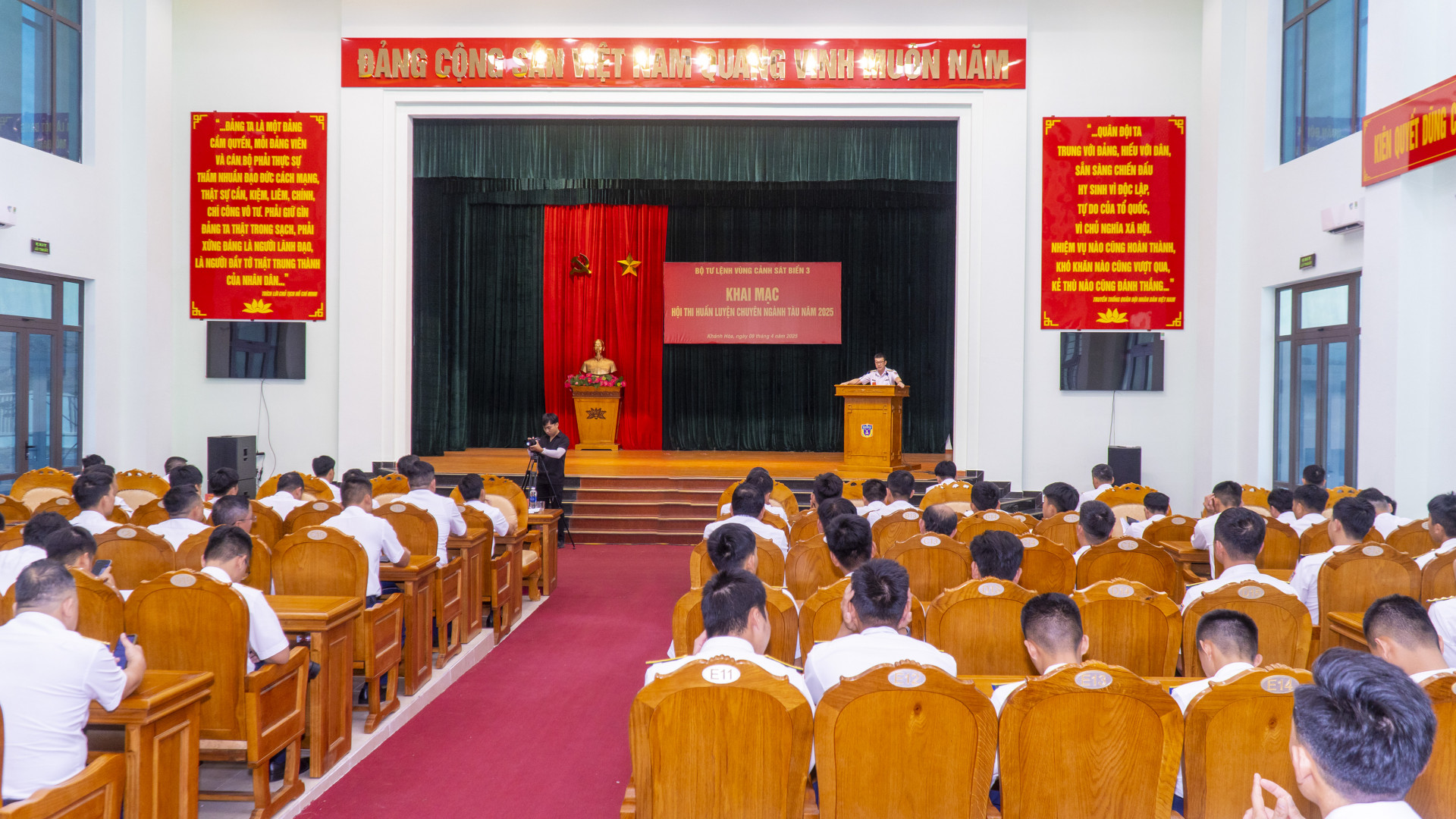

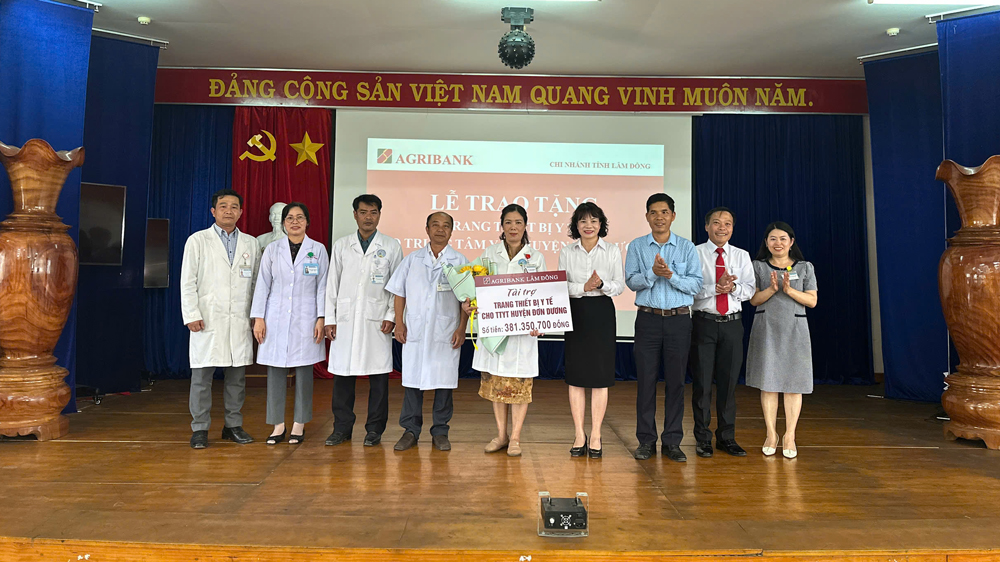

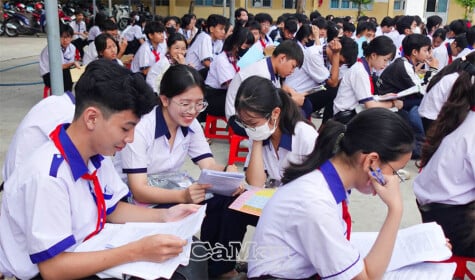






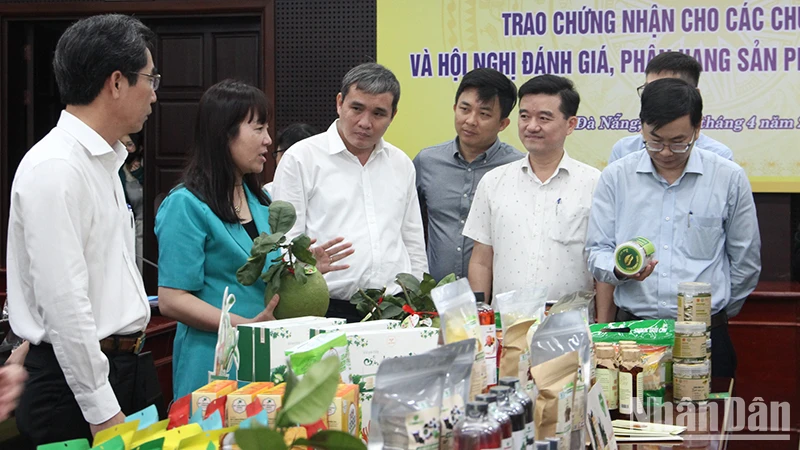

Comment (0)